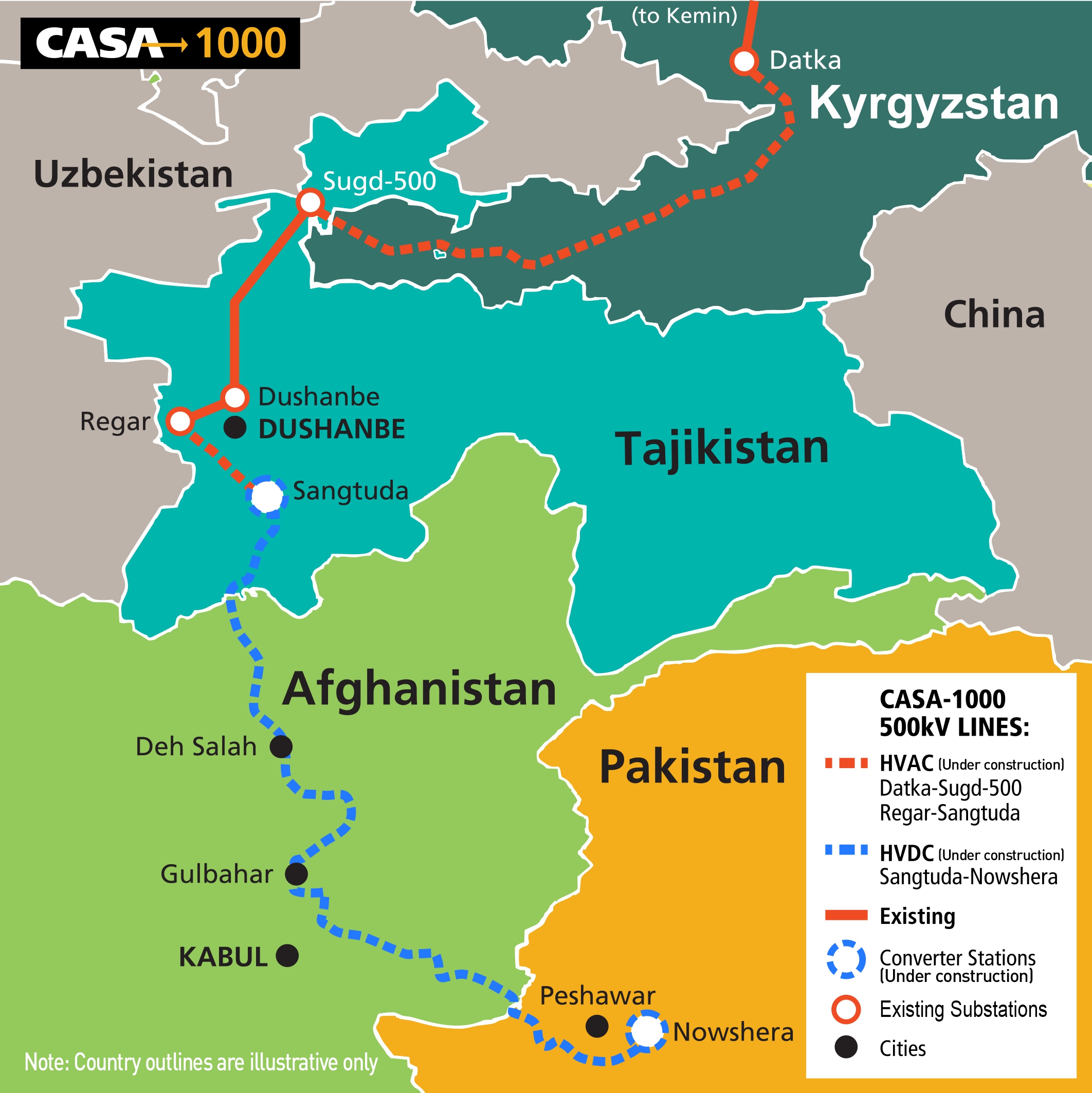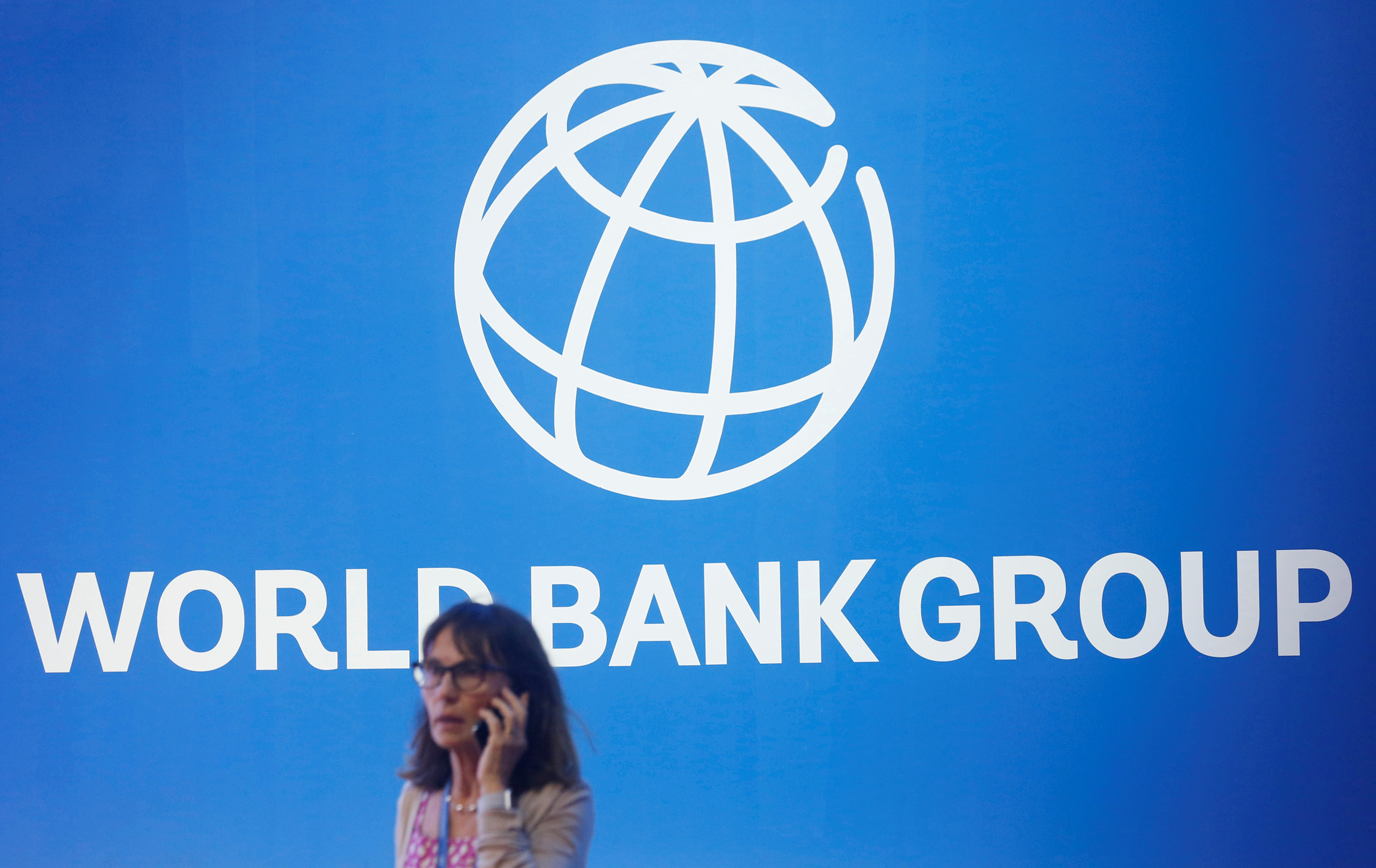The World Bank announced its return to the Central Asia-South Asia Electricity Transmission and Trade Project (CASA-1000), with a regional initiative valued at $1.2bn. The resumption comes at the behest of Kyrgyzstan, Tajikistan, and Pakistan, who have nearly completed the project infrastructure within their territories. The remaining work in Afghanistan will proceed in a ring-fenced manner to ensure no involvement of the Taliban and to guarantee foreign management of funds.

Since August 2021, the World Bank Group has been extending support through the Afghanistan Resilience Trust Fund (ARTF), channelling over $1.5bn of ARTF funds through partners on the ground. This has benefitted more than 25 mn Afghans nationwide, initially addressing humanitarian needs and subsequently supporting critical basic services such as food, water, health, education, and jobs.
Approach 3.0
Under Approach 3.0, the World Bank Group will continue implementing the “principled approach” initiated under Approach 2.0, which prioritizes women in projects and ensures that project activities are implemented by and for women. The World Bank Group’s independent third-party monitoring agent will persist in verifying all project activities.

Approach 3.0 will also bolster income-generating activities, particularly in the area of microfinance, by facilitating the participation of the private sector in aid delivery. This is part of the strategy to deliver basic services at scale.
CASA-1000 project
The CASA-1000 project, a $1.2bn initiative to transmit clean energy from Tajikistan and the Kyrgyz Republic to Pakistan via Afghanistan, will resume in Afghanistan at the request of the three neighbouring countries participating in the project. The resumption aims to prevent the project from becoming a stranded asset, as construction in the other three participating countries is nearly complete.
Under Approach 3.0, the World Bank Group will continue to produce analytical work on areas such as the financial sector, private sector, and poverty surveys as part of the Afghanistan Futures program. This program aims to engage with the international community and underpin support for the Afghan people. Since 2021, the World Bank's support to the Afghan people has followed a step-wise approach.

Through Approach 1.0, the World Bank provided $280mn in ARTF funds to UNICEF and the World Food Program as humanitarian gap financing to meet emergency health and nutrition needs. Through Approach 2.0, the World Bank and ARTF donors have been supporting the Afghan people with over $1.3bn since early 2022 with critical health, education, food security, livelihoods, and water services at scale nationwide.
These funds have remained outside the systems and control of the ITA and have focused on service delivery for women and girls.
Follow Daryo's official Instagram and Threads pages to keep up to date on world news.
Comments (0)